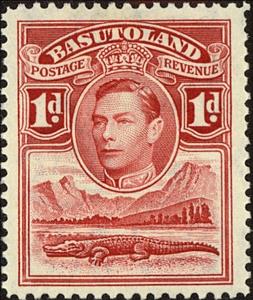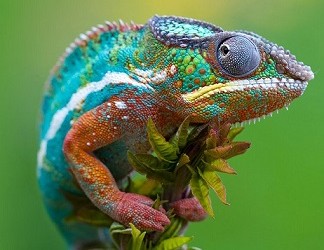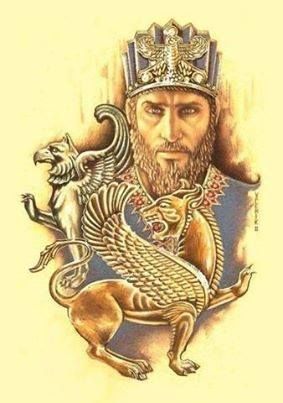Stamp: Nile Crocodile (Crocodylus niloticus), River Scene, George V (British colonies and territories 1938)
Nile Crocodile (Crocodylus niloticus), River Scene, George V (British colonies and territories 1938)
01 April (British colonies and territories ) within release Basutoland goes into circulation Stamp Nile Crocodile (Crocodylus niloticus), River Scene, George V face value 1 British penny
| Stamp Nile Crocodile (Crocodylus niloticus), River Scene, George V in catalogues | |
|---|---|
| Michel: | Mi:GB-BA 19 |
| Stamp Number: | Sn:GB-BA 19 |
Stamp is square format.
Also in the issue Basutoland:
- Stamp - Nile Crocodile (Crocodylus niloticus), River Scene, George V face value ½;
- Stamp - Nile Crocodile (Crocodylus niloticus), River Scene, George V face value 1;
- Stamp - Nile Crocodile (Crocodylus niloticus), River Scene, George V face value 1½;
- Stamp - Nile Crocodile (Crocodylus niloticus), River Scene, George V face value 2;
- Stamp - Nile Crocodile (Crocodylus niloticus), River Scene, George V face value 3;
- Stamp - Nile Crocodile (Crocodylus niloticus), River Scene, George V face value 4;
- Stamp - Nile Crocodile (Crocodylus niloticus), River Scene, George V face value 6;
- Stamp - Nile Crocodile (Crocodylus niloticus) and River Scene, Georg face value 2'6;
- Stamp - Nile Crocodile (Crocodylus niloticus) and River Scene, Georg face value 5;
- Stamp - Nile Crocodile (Crocodylus niloticus) and River Scene, Georg face value 10;
Stamp Nile Crocodile (Crocodylus niloticus), River Scene, George V it reflects the thematic directions:
Reptiles are tetrapod (four-limbed vertebrate) animals in the class Reptilia, comprising today's turtles, crocodilians, snakes, amphisbaenians, lizards, tuatara, and their extinct relatives. The study of these traditional reptile orders, historically combined with that of modern amphibians, is called herpetology. Because some reptiles are more closely related to birds than they are to other reptiles (e.g., crocodiles are more closely related to birds than they are to lizards), the traditional groups of "reptiles" listed above do not together constitute a monophyletic grouping (or clade). For this reason, many modern scientists prefer to consider the birds part of Reptilia as well, thereby making Reptilia a monophyletic class.
King is the title given to a male monarch in a variety of contexts. The female equivalent is queen regnant (while the title of queen on its own usually refers to the consort of a king). In the context of prehistory, antiquity and contemporary indigenous peoples, the title may refer to tribal kingship. Germanic kingship is cognate with Indo-European traditions of tribal rulership (c.f. Indic rājan, Gothic reiks, and Old Irish rí, etc.) In the context of classical antiquity, king may translate Latin rex or either Greek archon or basileus. In classical European feudalism, the title of king as the ruler of a kingdom is understood as the highest rank in the feudal order, potentially subject, at least nominally, only to an emperor (harking back to the client kings of the Roman Empire). In a modern context, the title may refer to the ruler of one of a number of modern monarchies (either absolute or constitutional). The title of king is used alongside other titles for monarchs, in the West prince, emperor, archduke, duke or grand duke, in the Middle East sultan or emir; etc. Kings, like other royalty, tend to wear purple because purple was an expensive color to wear in the past.
Crocodiles (family Crocodylidae) or true crocodiles are large semiaquatic reptiles that live throughout the tropics in Africa, Asia, the Americas and Australia. The term crocodile is sometimes used even more loosely to include all extant members of the order Crocodilia, which includes the alligators and caimans (family Alligatoridae), the gharial and false gharial (family Gavialidae) among other extinct taxa.
Animals are multicellular, eukaryotic organisms of the kingdom Animalia (also called Metazoa). All animals are motile, meaning they can move spontaneously and independently, at some point in their lives. Their body plan eventually becomes fixed as they develop, although some undergo a process of metamorphosis later on in their lives. All animals are heterotrophs: they must ingest other organisms or their products for sustenance.




